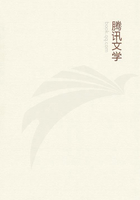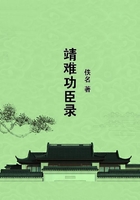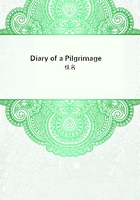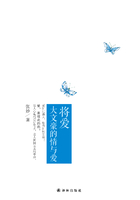The Abbe Trublet, with whom I had a slight acquaintance, but whom I had but seldom seen, wrote to me on the 13th of June, 1760, informing me that M.Formey, his friend and correspondent, had printed in his journal my letter to Voltaire upon the disaster at Lisbon.
The abbe wished to know how the letter came to be printed, and, in his Jesuitical manner, asked me my opinion, without giving me his own oh the necessity of reprinting it.As I most sovereignly hate this kind of artifice and stratagem, I returned such thanks as were proper, but in a manner so reserved as to make him feet it, although this did not prevent him from wheedling me in two or three other letters until he had gathered all he wished to know.
I clearly understood that, notwithstanding all Trublet could say, Formey had not found the letter printed, and that the first impression of it came from himself.I knew him to be an impudent pilferer, who, without ceremony, made himself a revenue by the works of others.
Although he had not yet had the incredible effrontery to take from a book already published the name of the author, to put his own in the place of it, and to sell the book for his own profit.* But by what means had this manuscript fallen into his hands? That was a question not easy to resolve, but by which I had the weakness to be embarrassed.Although Voltaire was excessively honored by the letter, as in fact, notwithstanding his rude proceedings, he would have had a right to complain had I had it printed without his consent, I resolved to write to him upon the subject.The second letter was as follows, to which he returned no answer, and, giving greater scope to his brutality, he feigned to be irritated to fury.
* In this manner he afterwards appropriated to himself Emile.
MONTMORENCY, 17th June, 1760.
SIR: I never thought I should ever have occasion to correspond with you.But learning the letter I wrote to you in 1756 has been printed at Berlin, I owe you an account of my conduct in that respect, and will fulfill, this duty with truth and simplicity.
"The letter having really been addressed to you was not intended to be printed.I communicated the contents of it, on certain conditions, to three persons, to whom the rights of friendship did not permit me to refuse anything of the kind, and whom the same rights still less permitted to abuse my confidence by betraying their promise.These persons are Madam de Chenonceaux, daughter-in-law to Madam Dupin, the Comtesse d'Houdetot, and a German of the name of Grimm.Madam de Chenonceaux was desirous the letter should be printed, and asked my consent.I told her that depended upon yours.This was asked of you, which you refused, and the matter dropped.
"However, the Abbe Trublet, with whom I have not the least connection, has just written to me from a motive of the most polite attention, that having received the papers of the Journal of M.
Formey, he found in them this same letter with an advertisement, dated on the 23d of October, 1759, in which the editor states that he had a few weeks before found it in the shops of the booksellers of Berlin, and, as it is one of those loose sheets which shortly disappear, he thought proper to give it a place in his Journal.
"This, sir, is all I know of the matter.It is certain the letter had not until lately been heard of at Paris.It is also as certain that the copy, either in manuscript or print, fallen into the hands of M.de Formey, could never have reached them except by your means (which is not probable) or of those of one of the three persons I have mentioned.Finally, it is well known the two ladies are incapable of such a perfidy.I cannot, in my retirement, learn more relative to the affair.You have a correspondence by means of which you may, if you think it worth the trouble, go back to the source and verify the fact.
"In the same letter the Abbe Trublet informs me that he keeps the paper in reserve, and will not lend it without my consent, which most assuredly I will not give.But it is possible this copy may not be the only one in Paris.I wish, sir, the letter may not be printed there, and I will do all in my power to prevent this from happening;but if I cannot succeed, and that, timely perceiving it, I can have the preference, I will not then hesitate to have it immediately printed.This to me appears just and natural.
"With respect to your answer to the same letter, it has not been communicated to any one, and you may be assured it shall not be printed without your consent, which I certainly shall not be indiscreet enough to ask of you, well knowing that what one man writes to another is not written to the public.But should you choose to write one you wish to have published and address it to me, I promise you faithfully to add to it my letter and not to make to it a single word of reply.
"I love you not, sir; you have done me, your disciple and enthusiastic admirer, injuries that might have caused me the most exquisite pain.You have ruined Geneva, in return for the asylum it has afforded you; you have alienated from me my fellow-citizens, in return for the eulogiums I made of you amongst them; it is you who render to me the residence of my own country insupportable; it is you who will oblige me to die in a foreign land, deprived of all the consolations usually administered to a dying person; and cause me, instead of receiving funeral rites, to be thrown to the dogs, whilst all the honors a man can expect will accompany you in my country.

